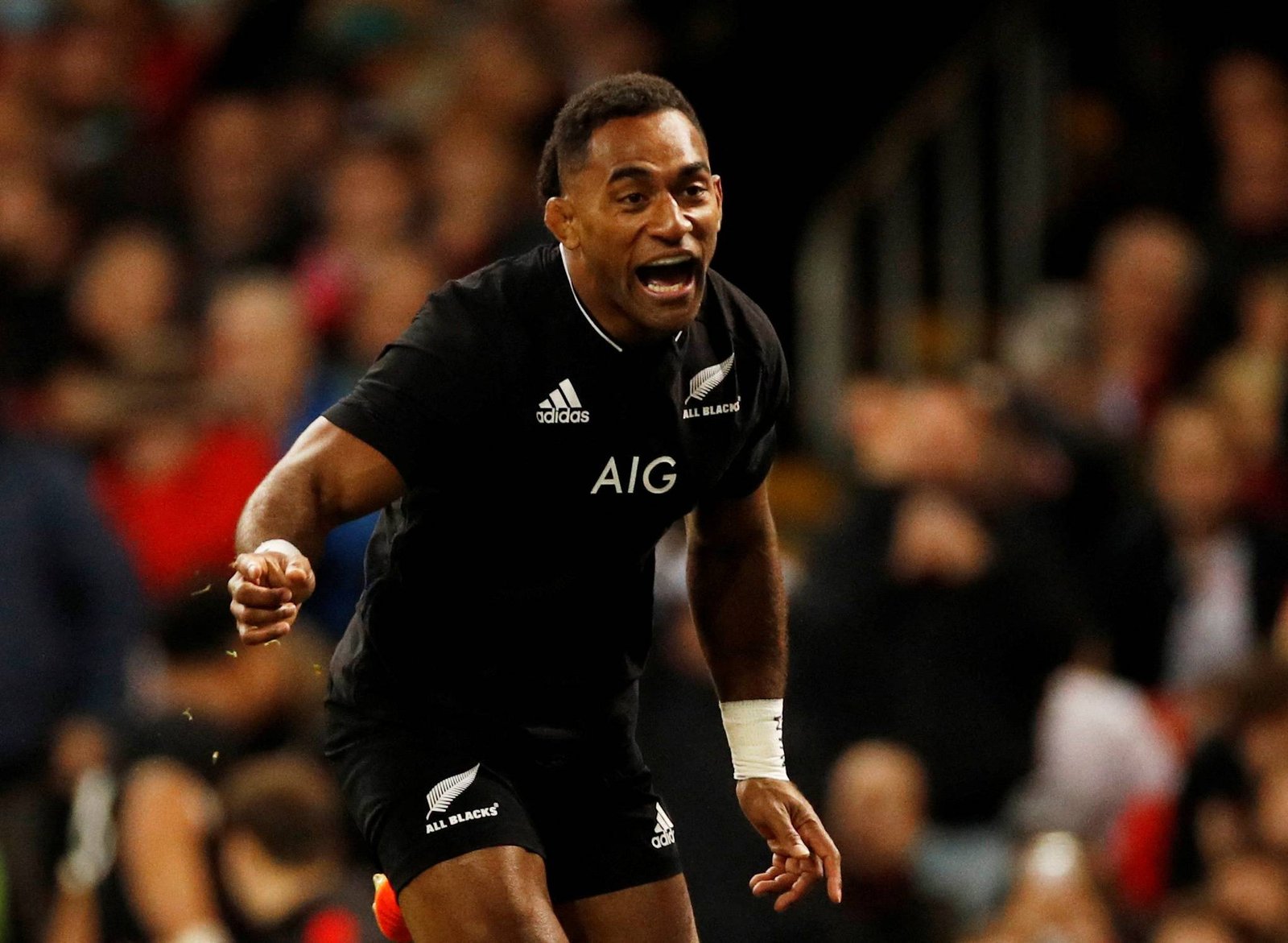
FIJI OR NEW ZEALAND?: Decision Time For Sevu Reece, A Born Fijian Who Is Playing For New Zealand
- Admin
- 0
- Posted on
FIJI OR NEW ZEALAND?: Decision Time For Sevu Reece, A Born Fijian Who Is Playing For New Zealand
The rugby world often witnesses the complex interplay of heritage, opportunity, and ambition, and the case of Sevu Reece perfectly encapsulates this dynamic. Born and raised in the rugby-mad nation of Fiji, Reece has risen to prominence on the international stage wearing the iconic black jersey of New Zealand. However, the question of his allegiance continues to linger, fueled by his deep Fijian roots and the recent changes in World Rugby’s eligibility regulations.
Reece’s journey began in Nadi, Fiji, where his talent for rugby was evident from a young age. He honed his skills at Ratu Navula College and later at the prestigious Queen Victoria School, a breeding ground for Fijian rugby stars. His athletic prowess wasn’t limited to the rugby pitch; he also excelled in track and field.
In 2014, at the age of 17, Reece made a pivotal move to New Zealand, continuing his education and rugby development at Hamilton Boys’ High School. His talent flourished, leading to a contract with Waikato and eventually a breakthrough season with the Crusaders in Super Rugby. His electrifying pace, try-scoring ability, and physicality quickly made him a standout player in the competition.
 His stellar performances for the Crusaders inevitably caught the attention of the All Blacks selectors. In 2019, Reece achieved his dream of representing New Zealand, making his debut against Argentina. He went on to become a key member of the All Blacks squad, featuring in the Rugby World Cup that same year and accumulating 32 caps and 18 tries to date.
His stellar performances for the Crusaders inevitably caught the attention of the All Blacks selectors. In 2019, Reece achieved his dream of representing New Zealand, making his debut against Argentina. He went on to become a key member of the All Blacks squad, featuring in the Rugby World Cup that same year and accumulating 32 caps and 18 tries to date.
However, despite his established career with the All Blacks, Reece’s Fijian heritage remains a significant part of his identity. In the past, he has spoken of his love for Fiji and his connection to his homeland. This raises the intriguing question of whether he could one day represent the Flying Fijians.
World Rugby’s regulations on international player transfers have evolved, offering a potential pathway for players like Reece to switch national allegiances under specific conditions. As of January 1, 2022, a player who has been “captured” by one nation (played in a senior international XVs or sevens match) can transfer to another nation if they meet the following criteria:
* They must observe a stand-down period of 36 months from international rugby.
* They must have been born in the country they wish to represent, or have a parent or grandparent born in that country.
* The transfer is subject to approval by the World Rugby Regulations Committee.
Given that Reece was born in Fiji, he technically meets the birthright criterion for a potential switch. However, the significant hurdle is the 36-month stand-down period from international rugby. At 28 years old, a three-year hiatus from the top level of the game would be a substantial decision with potential implications for his career.
Furthermore, Reece has firmly established himself within the All Blacks setup and has enjoyed considerable success. The allure of representing his native Fiji, with the passionate support and unique rugby culture it offers, would have to be weighed against the prestige and consistent high-level competition of the All Blacks.
